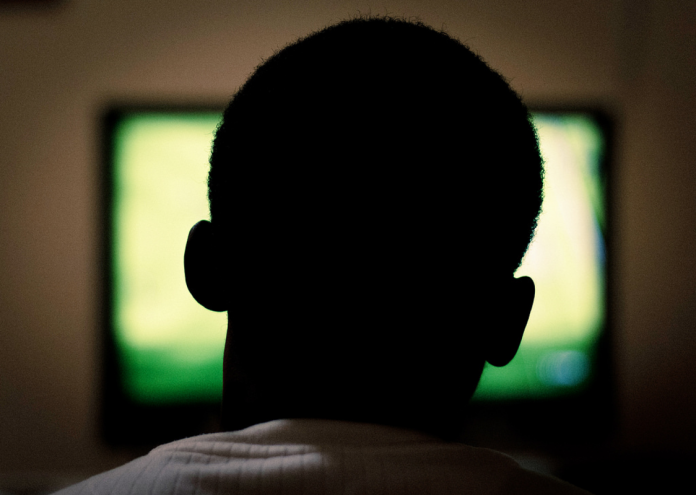There’s a complicated intersection between personal taste and personal values that often rears its head in the media we consume. For all that we may talk about the treatment of certain issues or subjects that we’re passionate about, many of us also turn around and enjoy spending our time on entertainment that doesn’t conform, or perhaps even runs directly counter to, that worldview. So, where do we draw the line?
Last week, a video game called Kingdom Come: Deliverance was released. The game, the first release from Czech developer Warhorse Studios, is a roleplaying game that sells itself on the idea of forgoing fantasy tropes, and presenting a realistic adventure in a historically accurate depiction of medieval Europe. That pitch excited a lot of gamers, and the game managed to generate quite a bit of hype for a game from a new studio, but certain decisions made in the name of historical accuracy marred its reputation well before release. Specifically, the decision to include absolutely no people of colour in the name of “historical accuracy,” when the game still includes healing potions. Add to this that studio founder Daniel Vávra is a vocal and outspoken member of the much-maligned Gamergate movement (a misogynistic group responsible for a wave of harassment, most prominent in 2014). All of this has led to some outlets, such as Vice’s Waypoint, opting not to cover the game, as well as gamers who may have been interested deciding not to purchase it.
The conversations we need to have with ourselves about which media we can and should enjoy are becoming ever more frequent, especially in the wake of the Weinstein scandal, and the #MeToo movement. And that conversation is vital, necessary, and wholly worth having, regardless of how it may alter our perceptions of our favourite media. But alter our perceptions it does. Will you opt out of watching your favourite Louis C.K. stand-up video next time you need a laugh? Will you skip that Hedley song that shows up in your playlist? Will every scene with Aziz Ansari taint your Parks and Recreation rewatch?
At the same time, there is a matter of finding balance, and everyone needs to decide where they’ll personally draw the line. Problematic creators are nothing new to media, and neither is entertainment that is problematic in and of itself.
The fact of the matter is, all media is problematic.
It’s a consequence of the way our society functions: nothing exists in a vacuum, and nothing can be separated from the greater context in which it exists. Yes, Game of Thrones is set in a fantasy world, but as a show, it exists in our real world with all of our real world problems, so the fact that the show uses sexual assault freely as a plot device, and features almost no people of colour — and the few who are still in the show going into its final season are former slaves — is reflective of the choices made by the show’s creators in our very real world context. But that doesn’t mean that a person can’t be passionate about representation in media and still enjoy Game of Thrones.
There’s an idea in modern culture that you need to defend the media you love to the ends of the Earth, that you can admit no fault in it (unless the new season/movie/book/etc. doesn’t meet your expectations, then you must hate it completely). However, this does a disservice to that media. Entertainment serves to entertain, yes, but it also should be a conversation starter, something to be examined and discussed. Just like you can love a person, and still criticize their actions sometimes, you can love a show, and still criticize its decisions. You should, in fact, because that’s a way to engage deeper with it, to consider why the creators made the choices they did. Even creators who make every attempt to do the right thing make mistakes.
So yes, you can set your own personal lines you won’t cross, and make a conscious effort not to support creators whose personal actions or beliefs you find despicable. Nobody is saying that you have to start watching House of Cards, or pick up a copy of Ender’s Game. But you’ll also never find any piece of media that does everything right, and while you don’t need to abandon the ones you love, there is value in examining and acknowledging those flaws, and talking about how the media of the future can do better. Culture is a work in progress, so let’s keep at it.
That said, there are a thousands of games out there, so I think I’m going to pass on Kingdom Come: Deliverance, and give my money to developers who aren’t openly hateful. That’s my line, but you can pick yours.
Image: Al Ibrahim/Flickr

Jeff was The Cascade's Editor in Chief for the latter half of 2022, having previously served as Digital Media Manager, Culture & Events Editor, and Opinion Editor. One time he held all three of those positions for a month, and he's not sure how he survived that. He started at The Cascade in 2016.


